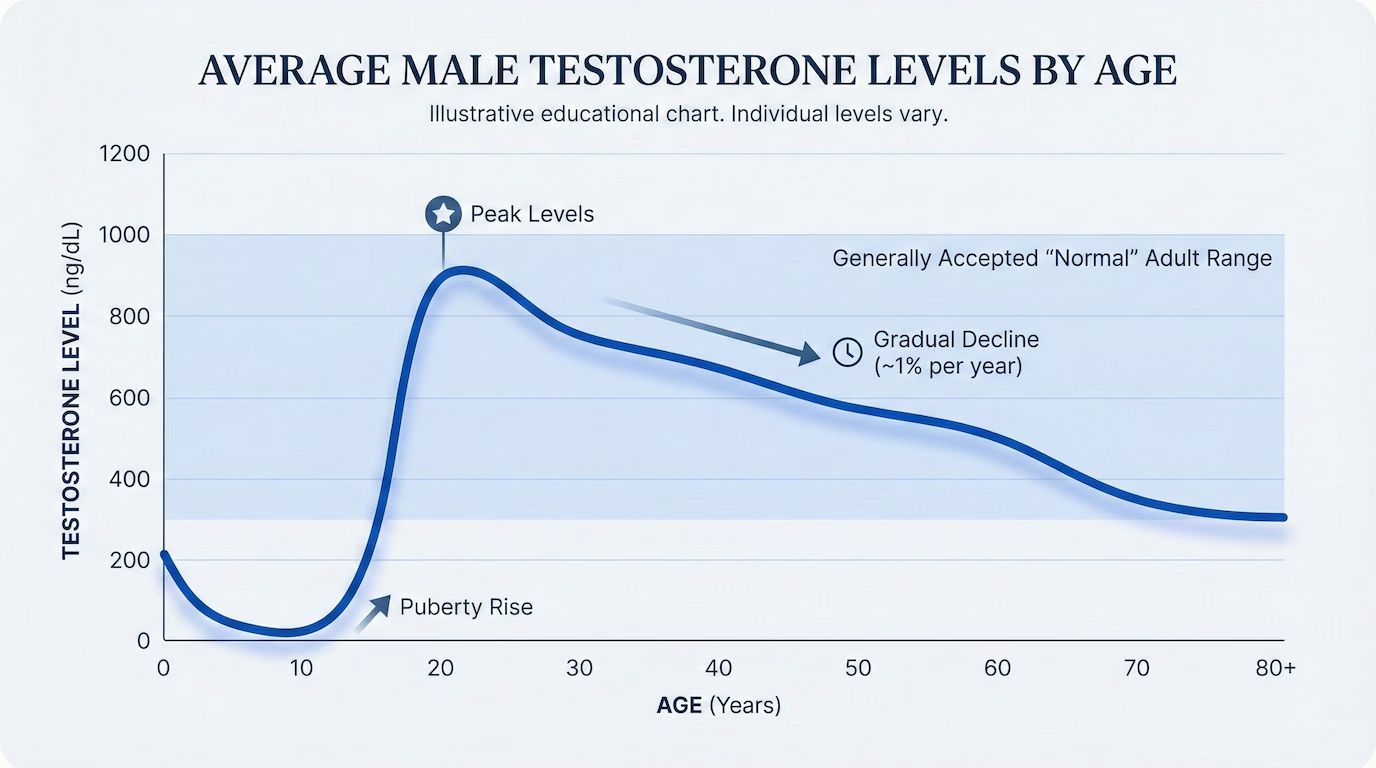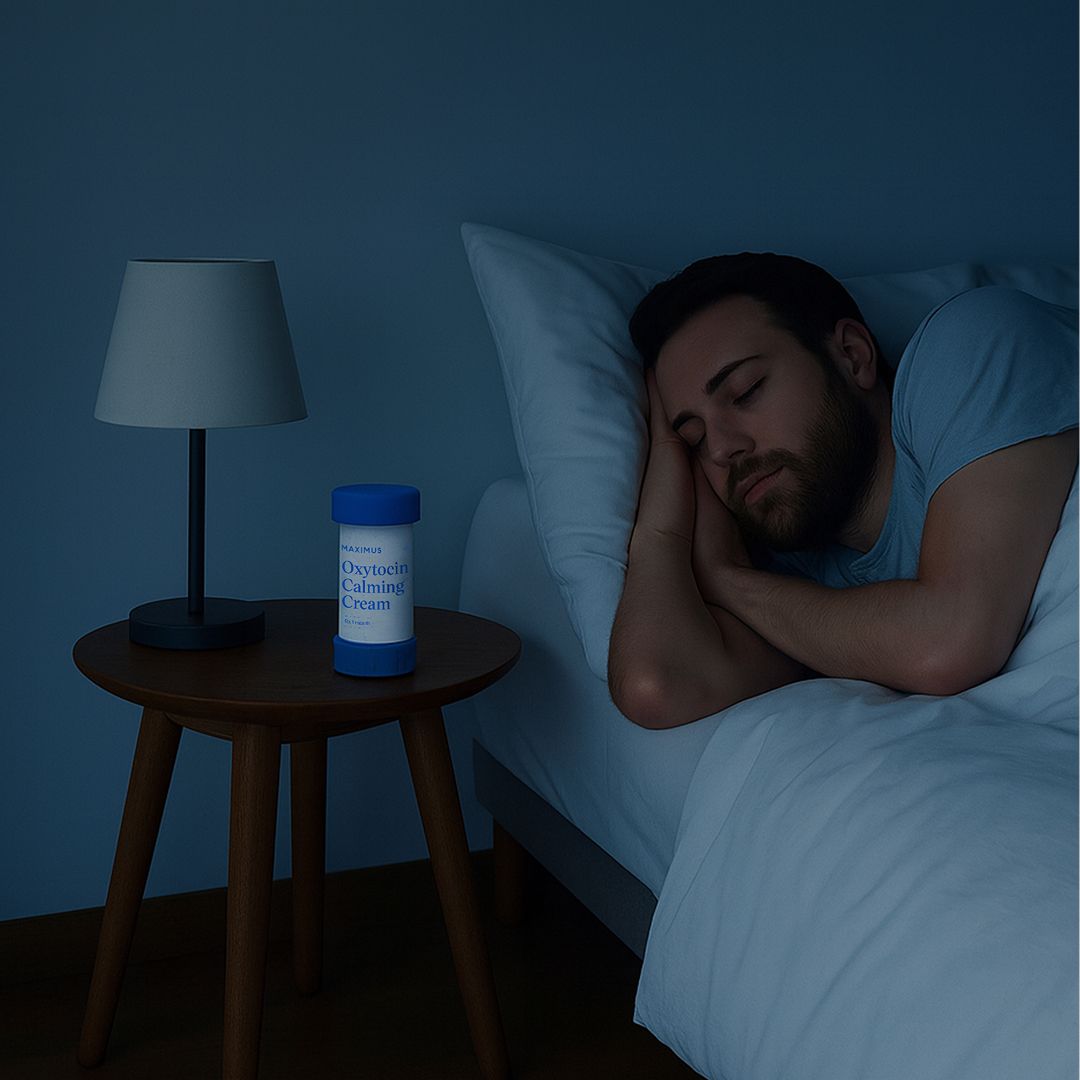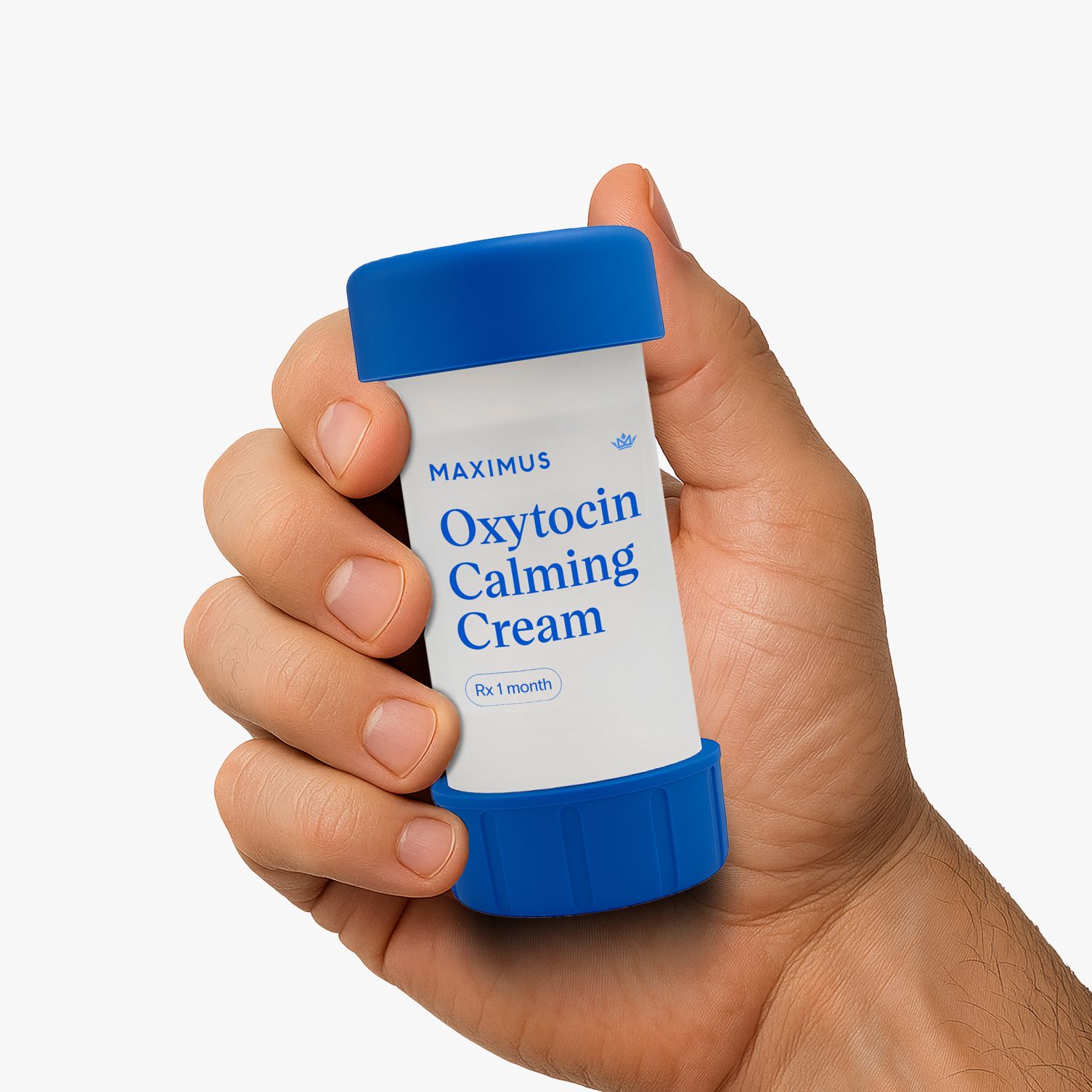Key takeaways:
- Eustress is a positive stress response to challenging tasks, leading to feelings of achievement and personal growth, while distress is a negative stress response from feeling overwhelmed or threatened, posing health risks.
- Both eustress and distress activate the body's stress response, but distress can be long lasting, making it more harmful in the long run.
- Eustress has numerous benefits, including enhanced immunity, improved cognitive function, and higher physical performance. It can also boost productivity and efficiency at work.
- Stress isn't always negative; it can be a powerful motivator when approached with the right mindset.
Most of us have been told that stress isn’t good for us. When it occurs too often and feels out of our control, stress doesn’t just feel bad, it’s also a health threat. Research shows that emotional stress is a contributing factor to many leading causes of death in the U.S., including heart disease and cancer.
But, can stress ever be good for us
Good stress may sound like an oxymoron, but there’s actually a name for it: eustress. According to the Mayo Clinic, eustress is a type of healthy stress that helps build resilience and enhances our well-being. Keep reading to find out more.
Comparing good stress and bad stress
According to the American Psychological Association, eustress is a positive stress response that can arise from engaging in challenging but worthwhile tasks — like a sports competition or giving a speech at work. It leads to a sense of achievement or fulfillment and aids in personal growth and development.
Distress, on the other hand, is a negative stress response that happens when you’re overwhelmed by demands or threats. This is the type of stress that poses a significant risk to your health.
Though eustress and distress both activate the sympathetic nervous system and the production of cortisol, there’s a significant difference: distress can last longer.
Typically, eustress activates the stress response, rises to a peak, and then switches off once the triggering event has passed. But when a person is repeatedly distressed, they have trouble returning to their baseline state of relaxation, keeping them suspended in a prolonged stress response.
The benefits of healthy stress
Beyond resilience, eustress has a number of benefits, including:
There’s also evidence that healthy stress can make you better at your job. Employees who experience eustress can use it to be more productive, agile, and efficient, research shows.
Some hints your stress isn’t healthy
Constantly overextending yourself at work? That’s probably not healthy stress. Training for a race? There’s a good chance you’re on the right track.
You can tell your stress is not healthy if you’re experiencing the following:
- You feel tired all the time, or constantly wound up.
- Your stress feels out of control.
- You’re irritable and impatient with others.
- You remain stressed long after a triggering event has passed.
- You’re having physical symptoms like headaches, insomnia, or an upset stomach.
Transforming bad stress into good stress
Taking steps to reduce stress in your life can be helpful, from prioritizing healthy habits like sleep and exercise, to talking to a therapist. But in some cases, it’s also possible to transform bad stress into good stress by shifting your mindset.
In 2013, a study surveyed adults across the U.S., asking them how much they felt their lives were meaningful. Surprisingly, the researchers found that those who experienced more stress tended to feel that their lives had more meaning. This included those who had gone through many stressful events in the past, those currently feeling stressed, and even those who spent time worrying about the future. Among other findings, the researchers concluded that people who view their lives as meaningful worry more and thus have more stress than people who don’t see meaning in their lives.
This doesn’t mean you shouldn’t take action to reduce stress in your life. But you shouldn’t always see stress as a sign of something wrong, either. If you are engaged, open to challenges, and invested in your work and the people around you, stress can be a powerful ally. Just don’t let it run the whole show.
Dr. Cam’s Health Hack
Still not sure how to distinguish “good” stress from “bad” stress? Here’s what Dr. Cam says:
“Ironically, people crave novelty and unpredictability to alleviate monotony, and ego dissolution and loss of control allows for the greatest intimacy. Thus, stress is not always bad, but can be "eustress" (beneficial stress) if seen as a challenge or thrill instead of a threat."
Disclaimer: The contents of this article, including, but not limited to, text, graphics, images, and other information, is for information purposes only and does not constitute medical advice. The information contained herein is not a substitute for and should never be relied upon for professional medical advice. The content is not meant to be complete or exhaustive or to be applicable to any specific individual's medical condition. You should consult a licensed healthcare professional before starting any health protocol and seek the advice of your physician or other medical professional if you have questions or concerns about a medical condition. Always talk to your doctor about the risks and benefits of any treatment. Never disregard or delay seeking professional medical advice or treatment because of something you have read on this site. Maximus does not recommend, endorse, or make any representation about the efficacy, appropriateness, or suitability of any specific test, products, procedures, treatments, services, opinions, healthcare providers or other information contained herein. Maximus is not responsible for, nor will they bear any liability for, the content provided herein or any actions or outcomes resulting from or related to its use.





